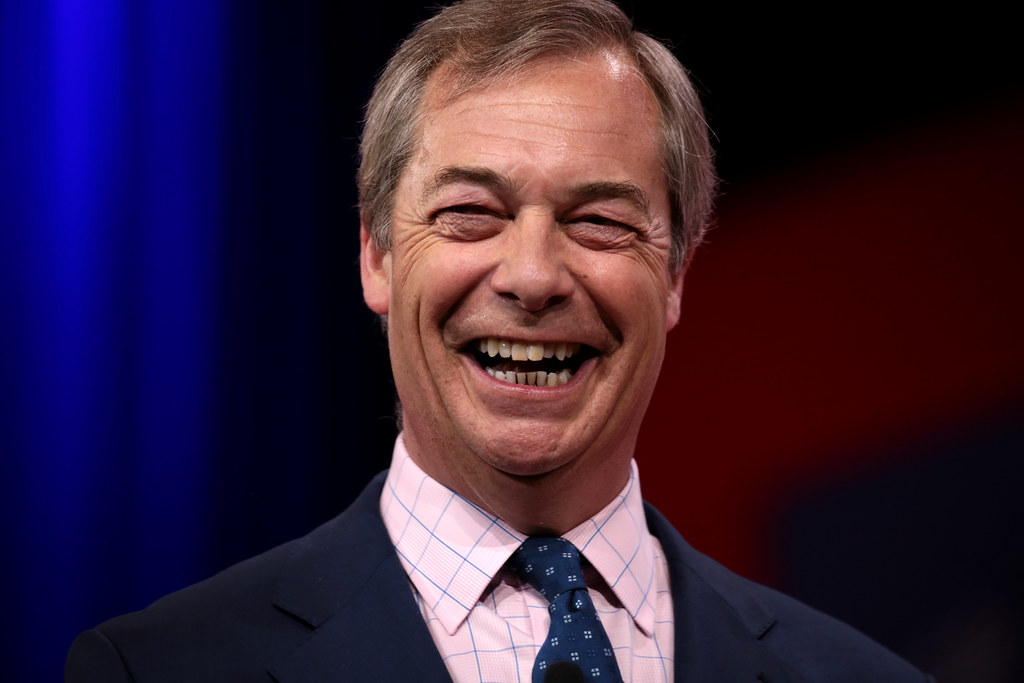By Romane Voet
Nothing quite says leaving the European Union with grace, dignity and respect like high-ranking politicians buying a family pack of little plastic Union Jack flags, and waving them in the face of fellow high-ranking politicians.
In his last speech as an MEP last Friday, Nigel Farage addressed the European Parliament in his own special way; telling his colleagues “no more being bullied” and “you’re gonna miss us”. Toward the end of his speech, he and his fellow Brexit Party members brandished the little flags, cheering and laughing while they waved them and filming each other with their mobile phones.
In response, presiding speaker Mairead McGuinness cut Farage’s microphone off, telling the Brexit Party MEP’s to “put the flags away, you’re leaving and take them with you”.
However eye catching the little flags were, the most important and interesting part of the whole charade might have been Farage’s comments on populism.
He spoke of a “historic battle” going on across the Western world, between globalism on one side and populism on the other. He went on to say that “you may loathe populism, but tell you a funny thing: it’s becoming very popular!”
The whole ‘populism becoming very popular’ thing might roll off the tongue nicely, but more striking, is the fact that Farage declares himself to be a populist. One of the defining factors of populism is, after all, that it attempts to appeal to the mass vote of the populace.
One reason why politicians generally don’t like to refer to themselves as populists, is because populism doesn’t necessarily refer to a specific political stance. Any party with any political opinion can be populist, the only common dominator being that populist politicians claim to represent the voice and the will of the “real” people. Actually, they claim to be the only ones to do so – other politicians just want to benefit the “elite”, the people in power. This means that populism refers more to a political rhetoric that juxtaposes “the people” and “the elite” while lacking actual substance in definition.
More importantly, it also means that historically, populism has been considered to be an essentially undemocratic political force.
By claiming to be the only one to represent the true will of the people, populist movements automatically imply that any voter that disagrees with their ideas is not a part of “the people” and therefore doesn’t really count. They also imply that any politician that disagrees with them is not a rightful representative of the people, thereby undermining the democratic parliamentary system that is prevalent in most democratic countries.
Farage is right to state that populism is rising in the Western World. Donald Trump is an obvious example of this trend, but in countries such as France, Germany, Sweden and the Netherlands populist parties and movements have been gaining more and more popularity for a while now too.
However, Farage should not wear populism as a badge of honour. Rather, it is a trend that every politician should be weary of, not just for the sake of their own political substance and believability, but also for the sake of democratic values in a greater sense. Instead of listing the “great benefits” of populism, politicians should open a history book and warn their voters for its dangers, regardless of where you stand in the political spectrum.
So please, Nigel, show some respect. Put down your little flag.


Leave a Reply